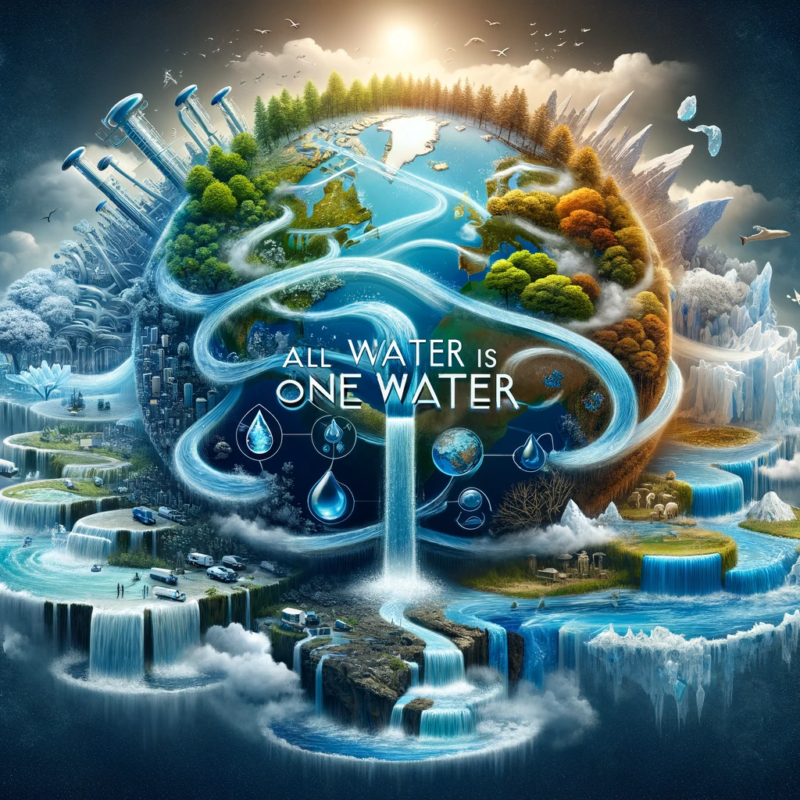Re-thinking the way we use water
As the global population burgeons, the pressure on water resources intensifies, especially within the realm of agriculture. The spearheading project Unity4Water is now pioneering towards innovative strategies to combat water scarcity while fostering sustainable food production practices. Through a blend of cutting-edge technology and collaborative efforts, this initiative aims to revolutionize the landscape of water management in agriculture worldwide.
Unity4Water confronts the multifaceted challenges posed by water scarcity in food production head-on. By repurposing industrial process water and wastewater, the project not only alleviates the strain on freshwater reservoirs but also champions sustainable agricultural methodologies. Leveraging state-of-the-art technologies such as optical sensors and artificial intelligence, Unity4Water optimizes nutrient utilization and minimizes environmental footprints, marking a paradigm shift towards eco-friendly farming practices.
– By linking technological solutions with behavioral change and policy development, we have the potential to lead the way towards a more sustainable and resource-efficient future, says Monica Odlare, project manager at Unity4Water, professor of environmental engineering and PhD in microbiology at Mälardalens University (MDU).
International collaboration
The success of Unity4Water hinges on robust international collaboration, drawing upon the expertise of over 30 partners across academia, industry, and research institutes. This diverse coalition facilitates the exchange of knowledge and best practices, propelling the development and implementation of innovative solutions. Through strategic pilot projects conducted in varied geographical settings, Unity4Water endeavors to tailor its interventions to suit the unique needs of different regions, paving the way for scalable and adaptable initiatives on a global scale.
Advanced technology
At the heart of Unity4Water lies the seamless integration of advanced technology and social science methodologies. Cutting-edge monitoring and control systems empower precision resource management, ensuring optimal utilization of water and nutrients while mitigating environmental risks. Moreover, community engagement initiatives spearheaded by the project foster behavioral shifts and garner support for policy reforms, underscoring the importance of societal participation in the quest for sustainable water management.
Reducing the environmental footprint
One of Unity4Water’s paramount objectives is to reduce the environmental footprint of conventional farming practices, particularly concerning the use of synthetic fertilizers. By promoting nutrient recycling and efficient management strategies, the project seeks to curtail eutrophication and greenhouse gas emissions associated with fertilizer production and application. Through these concerted efforts, Unity4Water strives to usher in an era of greener agriculture, where ecological preservation goes hand in hand with agricultural productivity.
Global dissemination of innovations
Unity4Water’s ambitions extend far beyond the confines of individual projects; it aspires to catalyze global change through the widespread dissemination of its findings and innovations. Participation in international conferences and strategic partnerships with global stakeholders serve as conduits for sharing knowledge and expertise, fostering a collaborative environment conducive to sustainable water use and food production practices.
– We hope that the Unity4Water project can help raise awareness and knowledge of the importance of sustainable water use and food production and facilitate policy change at a national and international level. In the long term, we hope to contribute to a more resilient and sustainable global food supply that can withstand the challenges of climate change and population growth, concludes Monica Odlare.
